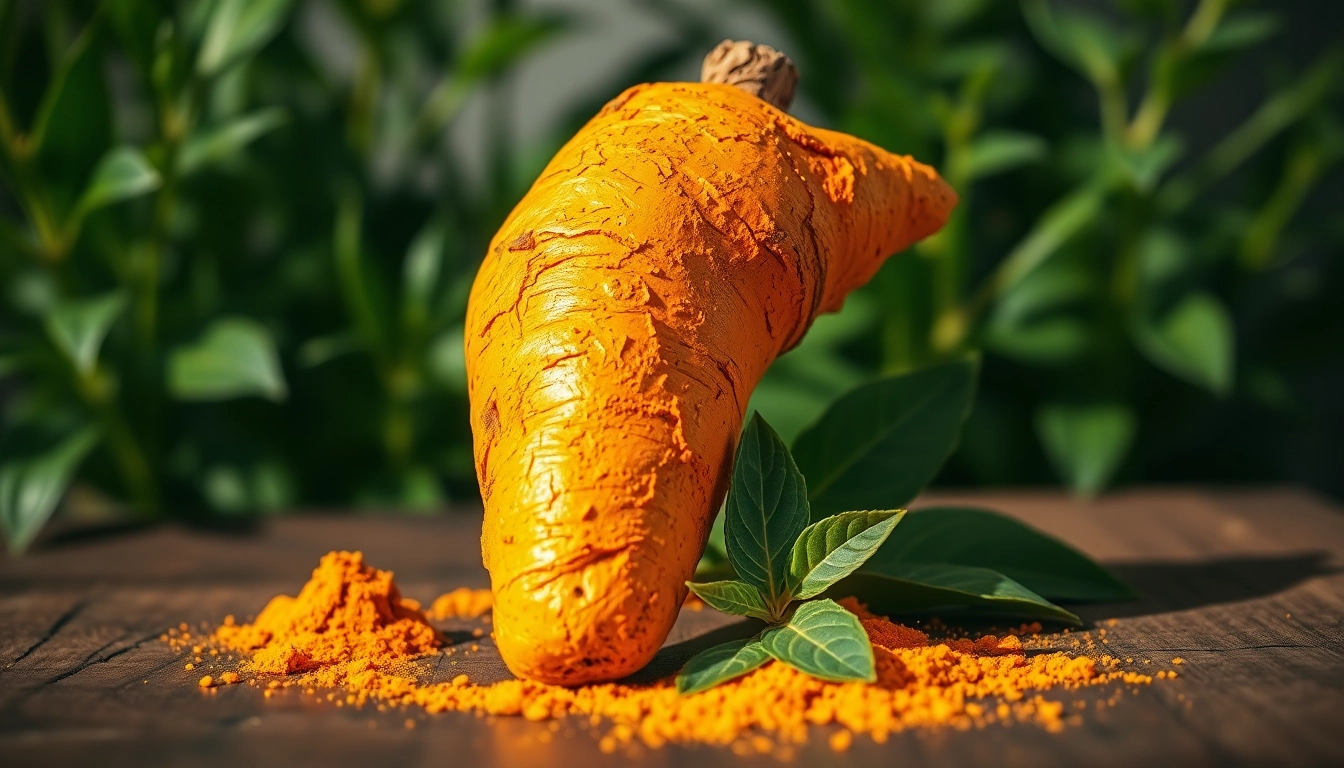Introduction to Cashew Nuts
Cashew nuts are among the most beloved nuts in the world, celebrated not only for their unique flavor and texture but also for their health benefits and culinary versatility. These kidney-shaped seeds derive from the cashew tree (Anacardium occidentale), a tropical evergreen tree native to Brazil, now widely cultivated in various tropical regions. From being a tasty snack to a nutritious ingredient in countless recipes, cashew nuts hold a prominent place in diets across the globe. In this comprehensive article, we will explore the characteristics, health benefits, and diverse ways to incorporate cashews into your diet, while also debunking myths and providing essential buying and storage tips.
What Are Cashew Nuts?
Despite being commonly referred to as nuts, cashew nuts are technically seeds that come from the cashew apple, the fruit of the cashew tree. The edible part of the cashew is encased in a hard shell that is toxic if consumed improperly. Cashew nuts have a creamy texture and a delicate, nutty flavor, making them a favorite for both savory and sweet dishes.
Origin and Nutritional Profile
Cashew trees thrive in warm climates, and they were first cultivated by the Portuguese in Brazil in the 16th century before being introduced to Africa and Asia. Today, India, Vietnam, and Nigeria are among the largest producers of cashew nuts. Nutritionally, cashew nuts are packed with essential vitamins and minerals. A standard serving (approximately 28 grams or about 18 nuts) provides:
- Calories: 155
- Protein: 5 grams
- Fat: 12 grams (primarily heart-healthy unsaturated fats)
- Carbohydrates: 9 grams
- Fiber: 1 gram
- Vitamins and Minerals: Significant amounts of magnesium, copper, phosphorus, zinc, and iron
This nutrient profile contributes to cashews being an excellent choice for a healthy diet.
Different Types of Cashew Products
Cashew nuts are incredibly versatile and come in various forms. These include:
- Raw Cashews: Often consumed as a snack, they maintain their natural flavor and nutrients.
- Roasted Cashews: Enhanced flavor and texture, perfect for snacks or salads.
- Salted Cashews: A popular snack option, these nuts are often coated with salt, adding flavor but also sodium.
- Cashew Butter: Made by grinding cashews into a smooth paste, it’s a popular spread and ingredient for smoothies and desserts.
- Cashew Cheese: A dairy-free alternative for vegans, made from blended cashews, and often flavored with nutritional yeast.
Health Benefits of Cashew Nuts
The health benefits of cashew nuts are extensive and well-researched. Incorporating these nuts into your diet can promote overall well-being.
Boosting Heart Health with Cashew Nuts
Heart health benefits are among the most prominent reasons to include cashews in your diet. Cashew nuts are rich in healthy fats, particularly monounsaturated and polyunsaturated fats, which have been shown to improve cholesterol levels. Their high magnesium content also plays a crucial role in cardiovascular health, supporting blood pressure regulation and heart rhythm stability. Studies show that regular nut consumption, including cashews, may reduce the risk of coronary heart disease.
Managing Weight: Cashew Nuts as a Snack
When it comes to managing weight, cashews can be a satisfying snack. Although they are calorie-dense, studies suggest that moderate nut consumption is linked to weight maintenance rather than weight gain. The combination of protein, fiber, and healthy fats in cashews helps promote satiety, thus reducing overall calorie intake. For effective weight management, incorporating a small portion of cashews into a balanced diet can be beneficial.
Cashew Nuts and Bone Health
Cashew nuts are rich in several vital minerals that support bone health, particularly magnesium and phosphorus. Magnesium helps with calcium absorption and bone formation, while phosphorus contributes to bone mineralization. Regular consumption of cashews can make a valuable addition to a bone-healthy diet, potentially preventing osteoporosis and other bone-related issues.
Incorporating Cashew Nuts into Your Diet
With their delightful taste and numerous health benefits, cashew nuts can be easily integrated into your daily meals and snacks.
Creative Ways to Enjoy Cashew Nuts
Cashews can be enjoyed in various ways:
- As a simple snack: Enjoy a handful of raw or roasted cashews for a nutritious midday boost.
- In salads: Add chopped cashews for crunch and protein.
- In smoothies: Blend cashews with bananas and almond milk for a creamy texture.
- In energy bars: Use cashew pieces as an ingredient for homemade granola or energy bars.
Cashew Nuts in Cooking and Baking
The versatility of cashews extends to cooking and baking. Whether used as a flour alternative in gluten-free recipes or ground into a creamy sauce for pasta and curries, cashews can elevate flavors. They act as a protein source in vegetarian and vegan meals, contributing to creamy textures without dairy. Consider using cashew cream in soups, sauces, or desserts for a rich texture.
Healthy Cashew Nut Recipes
Here are a couple of easy and healthy recipes featuring cashew nuts:
1. Cashew Cream Pasta
Ingredients:
- 1 cup soaked cashews
- 1 cup pasta of choice
- 1 garlic clove
- 1 tablespoon olive oil
- Salt and pepper to taste
Instructions: Cook pasta according to package directions. Blend soaked cashews, garlic, olive oil, salt, and pepper until smooth. Mix with drained pasta and serve with grated parmesan.
2. Cashew Nut Energy Bites
Ingredients:
- 1 cup pitted dates
- ½ cup cashew nuts
- 1 cup oats
- 1 tablespoon cocoa powder (optional)
Instructions: Blend dates, cashews, oats, and cocoa powder until combined. Roll into small balls and refrigerate for a quick energy snack.
Common Myths about Cashew Nuts
Despite their popularity, various myths about cashew nuts may lead to misconceptions. Let’s clarify some common myths.
Are Cashew Nuts High in Calories?
Many people hesitate to consume nuts, including cashews, due to their caloric density. However, while cashews do contain more calories than many other snacks, their nutrient composition means they can offer substantial benefits. Moderation is key; consuming a small portion can still provide health benefits without significantly contributing to weight gain.
Understanding Allergies Related to Cashew Nuts
Cashew allergies are relatively common, particularly among those who are also allergic to other tree nuts. Symptoms can range from mild reactions, such as hives, to severe anaphylaxis. If you suspect a cashew allergy, seeking medical advice for testing and guidance is essential. It’s crucial to be aware of cross-contamination with cashew products in mixed nut packages.
Cashew Nuts vs. Other Nuts: A Comparison
When comparing cashews to other nuts like almonds or walnuts, each type has unique health benefits. For instance, almonds are slightly higher in fiber, while walnuts offer significant omega-3 fatty acids. Cashews, however, shine in their creamy texture and unique flavor, making them versatile in various culinary applications. Each nut has its place in a well-rounded diet.
Buying and Storing Cashew Nuts Wisely
To enjoy the best quality and benefits from cashew nuts, proper buying and storage practices are essential.
Choosing Quality Cashew Nut Products
When shopping for cashew nuts, consider the following tips:
- Look for certified products with a clear expiration date.
- Opt for organic options to avoid potential pesticide residues.
- Check for proper packaging that protects the nuts and maintains freshness.
Best Practices for Storing Cashew Nuts
To ensure that cashew nuts maintain their quality, follow these storage tips:
- Keep cashews in an airtight container to protect them from humidity and air exposure.
- Store in a cool, dark place, such as a pantry, or refrigerate for extended shelf life.
- Be mindful of the shelf life and use cashew products within the indicated time frame for optimal freshness.
Where to Buy Cashew Nuts Safely
For purchasing, consider reputable online retailers and local grocery stores that specialize in health foods. Many health food stores offer bulk options, allowing you to buy cashews at a reasonable price while promoting sustainability.
Conclusion
Cashew nuts are not only delicious but also packed with nutritional benefits and versatile uses. From enhancing heart health to supporting bone health, they can play a significant role in a balanced diet. By understanding how to properly choose, incorporate, and store cashew nuts, you can enjoy their flavors while reaping their numerous health benefits. Embrace the goodness of cashews today and explore their potential in various recipes that delight the palate and nourish the body.


